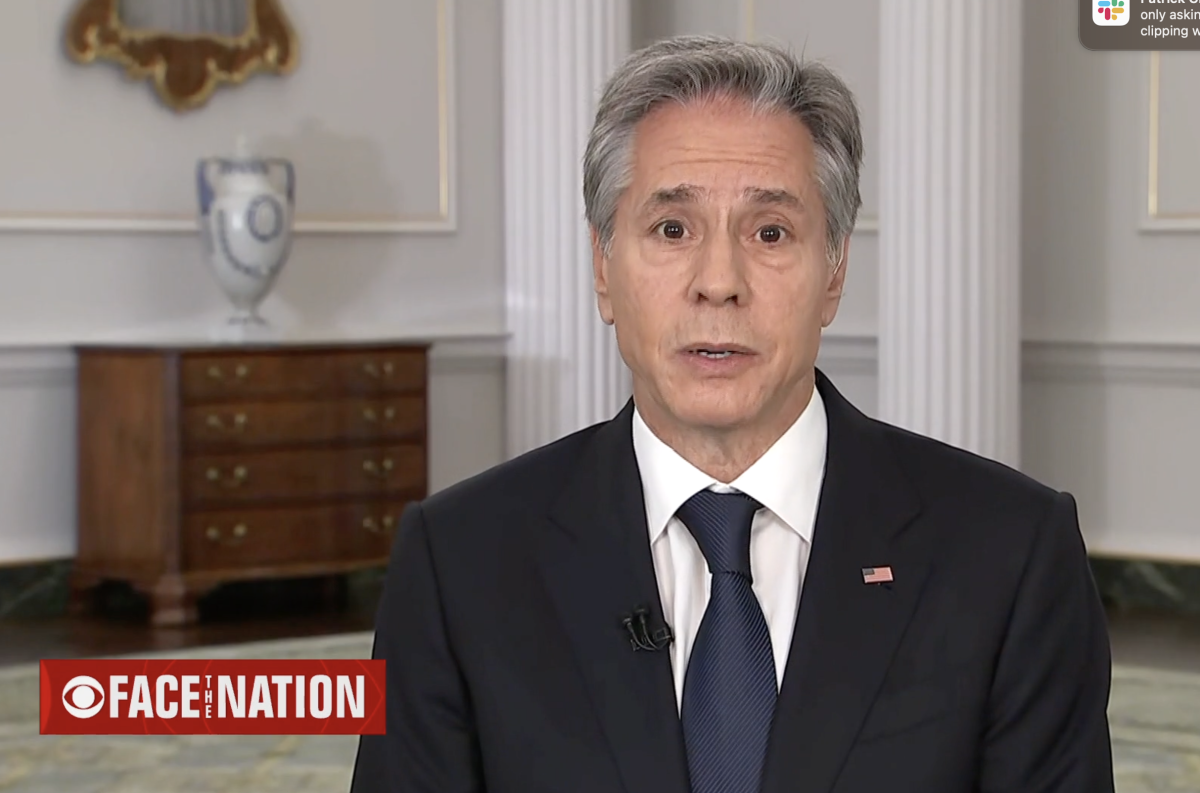(Bloomberg) — The dollar strengthened against most of its major peers from the Asian open as currency traders got their first chance to react to a shock attack by Hamas within Israel.
Most Read from Bloomberg
The greenback — seen as a haven in times of trouble — advanced at least 0.2% versus the euro and pound, while risk currencies such as the Aussie and kiwi weakened. Oil jumped more than 3%, adding to concern around elevated inflation and adding to overall bearish sentiment.
Instability in the Middle East has the potential to add another leg to the US currency’s already stellar performance in recent months. That rally has put pressure on the yen, prompting talk of possible intervention, and reignited discussion in Europe about whether the euro may once again fall to parity.
“The path of least resistance over the very short term is dollar strength on lower risk appetite,” said Jason Wong, a currency strategist at Bank of New Zealand in Wellington. But given the scope of the rally in the dollar, “there’s a reasonable chance it fizzles out relatively quickly,” he said.
A Bloomberg gauge of the US currency has advanced 2.1% this year, heading for a third annual gain. That would be the longest run since 2016. The gauge rose 0.2% in early Asia trading.
Fallout from the attacks reverberated through Middle East markets on Sunday, sending stocks sliding and setting the tone for what’s likely to be a volatile start of the week. Israel’s benchmark TA-35 stock index posted its biggest loss in more than three years, sliding 6.5%. Elsewhere, the Mexico peso, often seen as a proxy for emerging markets and carry-trade strategies, weakened nearly 1% against the dollar.
Hawkish Fed
The dollar has benefited from the Federal Reserve’s aggressive interest-rate increases as well as resilience in the US economy. Still, a holiday for the US bond market on Monday may mute short-term gains for the dollar if investors are seeking it to invest their holdings of the currency in Treasuries. Cash trading will reopen on Tuesday.
The “dollar bid holds and the confusion over growth and inflation continues,” Bob Savage, head of markets strategy at insights at BNY Mellon Capital Markets, wrote in a note. “We are more likely to see an escalation of conflict than a resolution both at home and abroad, in markets and in economics, in monetary and fiscal policy.”
–With assistance from Vivianne Rodrigues, Ruth Carson and Michael O’Boyle.
Most Read from Bloomberg Businessweek
©2023 Bloomberg L.P.








